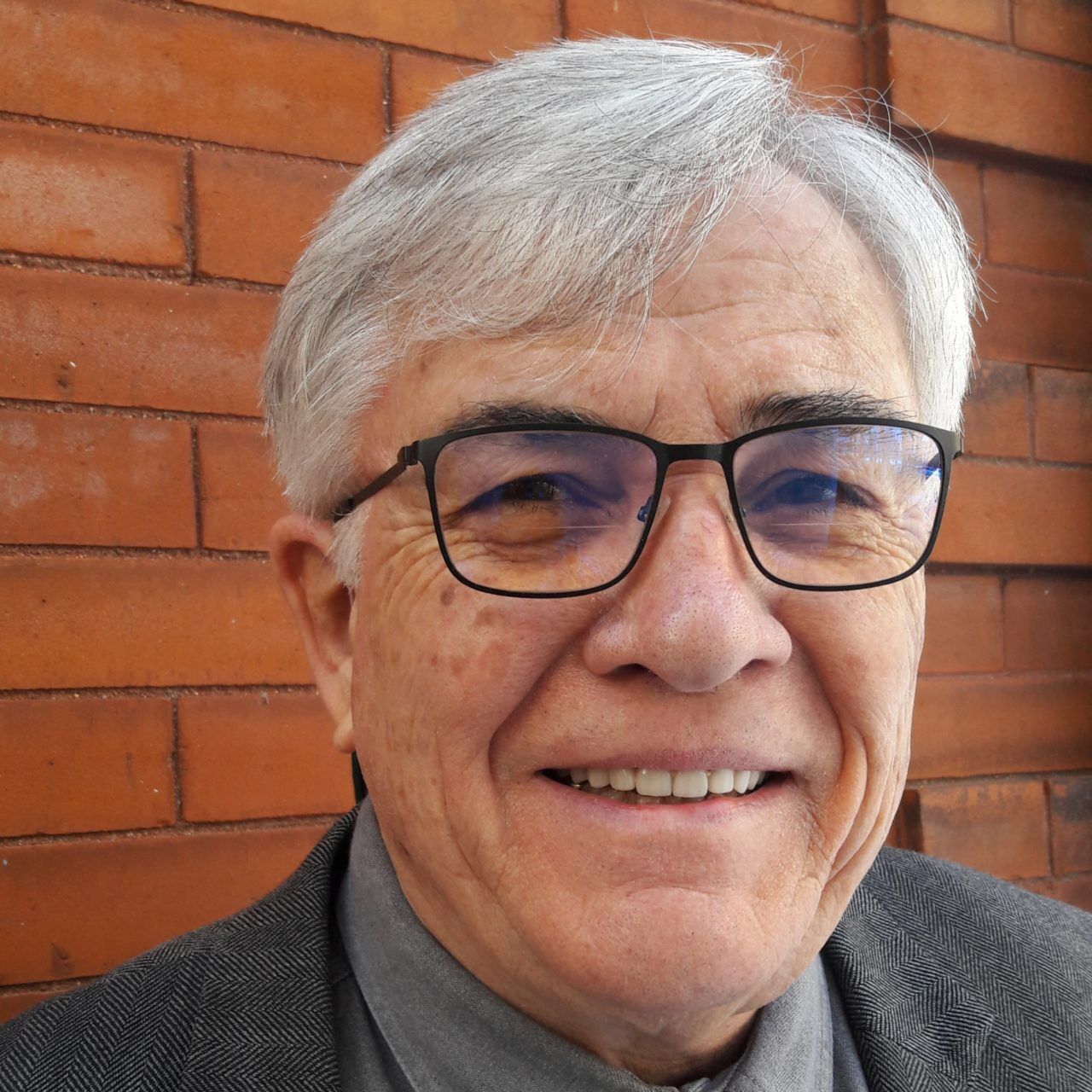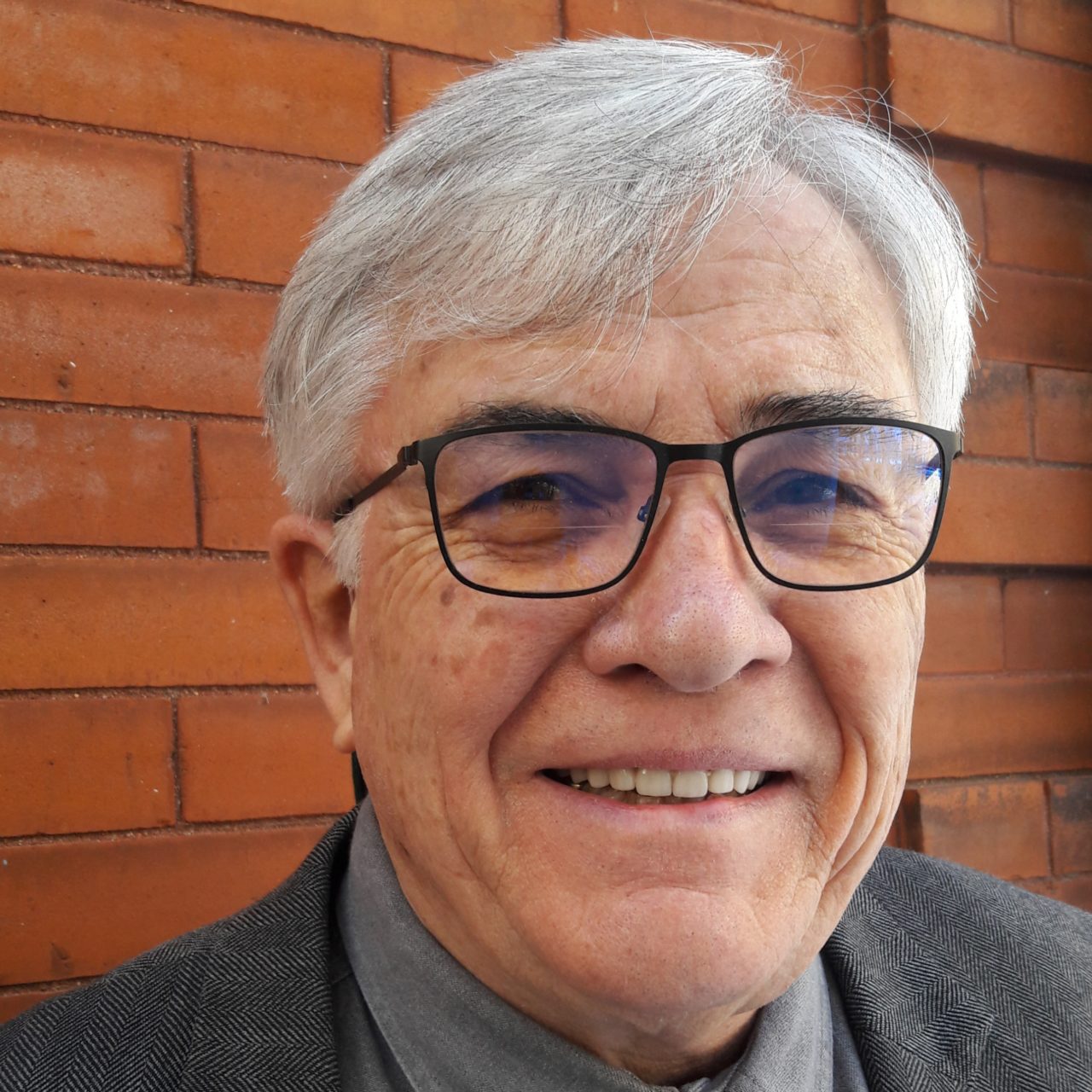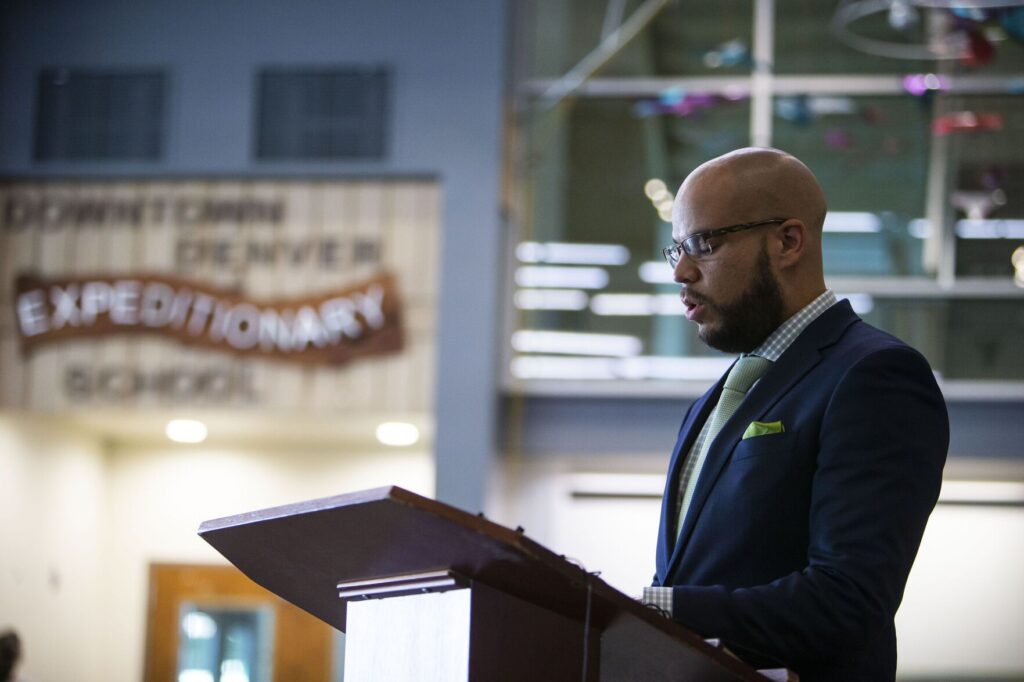Cans Colorado can’t kick further down the road | HUDSON


“Kicking the can down the road” is an aging aphorism that retains its cultural relevance largely because it is so self-explanatory. Kids rarely kick cans along our highways today for fear of being flattened by speeding traffic. Can kicking is best pursued down rarely traveled, dirt roads with the protruding rocks and ruts that unpredictably bounce advancing cans off into filthy ditches where they must be retrieved. The year 2023 arrives amidst a veritable symphony of political and legislative policy cans clinking noisily into Colorado’s Capitol.
With Democrats now in charge of every element of state government, there’s no excuse for continuing procrastination – particularly since several of these bouncing cans are evidencing a propensity for transforming themselves into economic land mines. Ranking them in order of the years they have been ignored rather than their fiscal significance, although a readily discernible correlation exists, water availability – its storage and conservation – leads the list of festering crises. Forty years ago, when I was serving in the Legislature, it was safe for both parties to leave water policy debates in the hands of the Legislature’s bipartisan “cowboy caucus.” Since then, however, Colorado’s population has tripled to more than six million with a predicted likelihood of reaching 10 million by 2050.
Meanwhile, water demands on the Colorado River Basin from growing population centers in Arizona, Nevada and California are fast outstripping availability and straining the limits of adjudicated allocations set by a century-old compact that includes Mexico and native tribes. Storage reservoirs have been reduced to 25% of their capacity. This does not come as a shock, but the fact that the river’s limits have been reached so quickly has provided a jolt to the political system. Colorado U.S. Sen. John Hickenlooper deserves credit for including a bipartisan earmark in the 2023 federal budget to fund the development of an “upper basin” plan for water resource management among Utah, Wyoming and Colorado. We should not presume these three small states would prevail in a knife fight up against the electoral clout of the ravenous “lower basin.”
The late Ken Gordon served 16 years in the Colorado House and Senate where he introduced a bill each year requiring purchasers be alerted when a property relied on water pumped from a closed aquifer. It was only after 14 years that his opponents within the homebuilding and real estate communities acquiesced to this requirement – and only then, because they began to fear their own liability risk. In some huge developments, like Highlands Ranch, tens of thousands of homes are watching their aquifers shrink under pressure from climate change and drought. Anecdotally, realtors report few buyers ever question warnings included in their closing papers. I recount this story only to point out how difficult it is to effect change in the current system.
Nonetheless, we need to move beyond blue-ribbon panels to the creation of regional water commissions with authority to develop, implement and fund water capture, storage, distribution and conservation plans. Next up on Colorado’s clinking issue list is a rationalization of the state’s taxation and revenue architecture. The TABOR amendment was adopted to address the set of fiscal realities and economic conditions that existed in 1992. The character of the economy and the state’s fiscal realities have changed dramatically since then, while TABOR strictures remain frozen in time. Two-thirds of state budgets were financed from the general fund 30 years ago. As inventive “end around” financing mechanisms have been engineered to evade TABOR limits, this portion has shrunk to one-third paid from the general fund, placing two-thirds of expenditures beyond the reach of TABOR restrictions.
Some fee-based services are awash in cash, while others beg for sufficient funding. A comprehensive fiscal overhaul is needed but does not necessarily require a repeal of voter approval for future tax increases. Politically, however, the mere discussion of remedies is politically risky. The most evident funding challenge is Colorado’s inability to adequately maintain a 21st century transportation system for an expanding population. The gas tax should be replaced with a “vehicle miles traveled” (VMT) levy. Although the Polis administration has cobbled together a grab bag of one-time cash infusions, they are designed more to prevent gridlock than to design and construct a cohesive, integrated transit plus highways plan. The Front Range Rail project, linked to an Interstate 70 high -peed Automated Guideway System accessing Colorado’s mountain resorts, should be moved to the front burner for funding.
Last, and perhaps most problematic, is the challenge of affordable health care coverage. Recent “public option” provisions approved for purchase on the state insurance exchange are already in trouble. Rising medical costs are sinking rather than lifting family finances. Relief remains a priority for Gov. Jared Polis, but regular tweaking will be required. We’ve simply run out of roadway. We find ourselves up against a wall.
Miller Hudson is a public affairs consultant and a former Colorado legislator.













